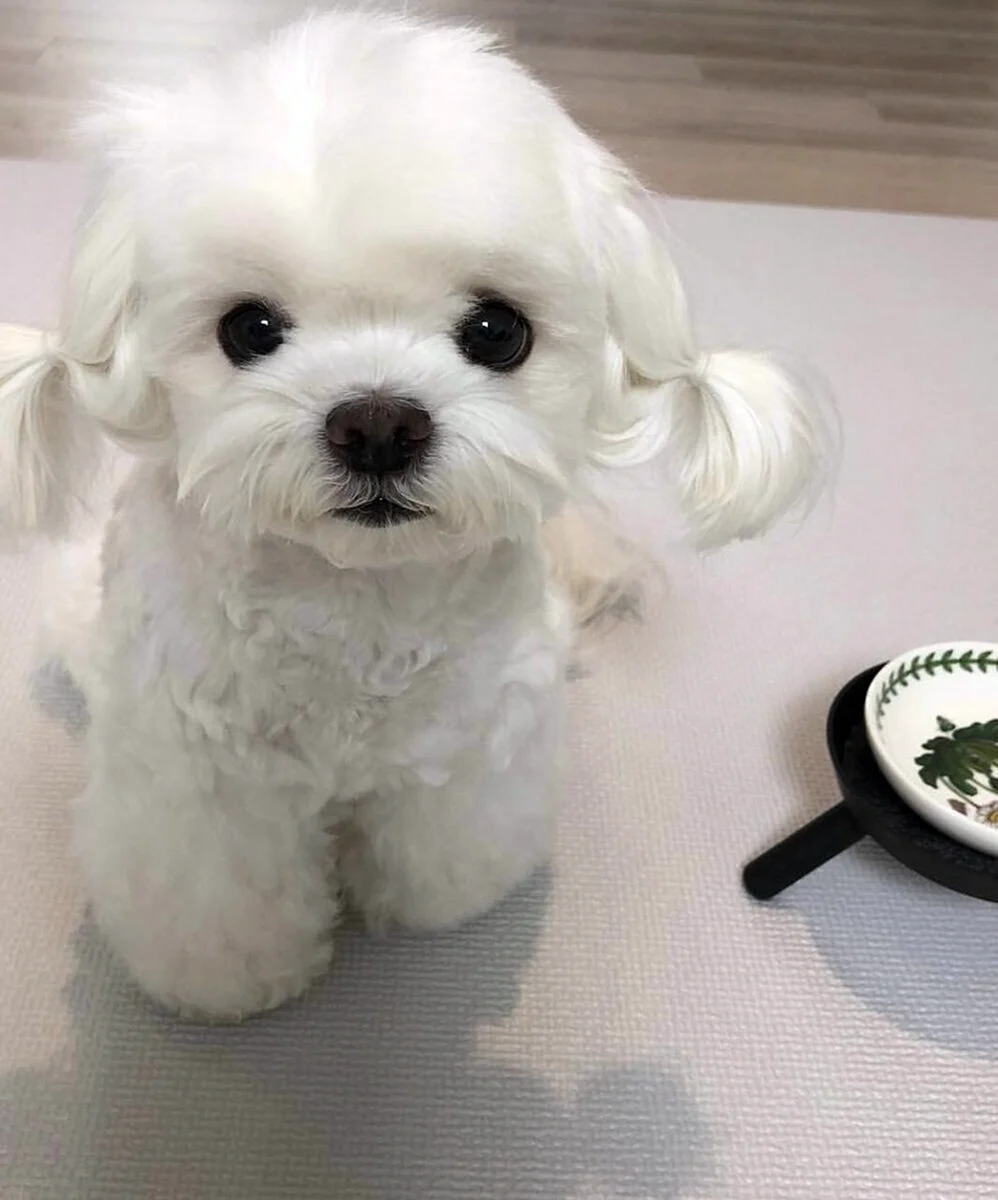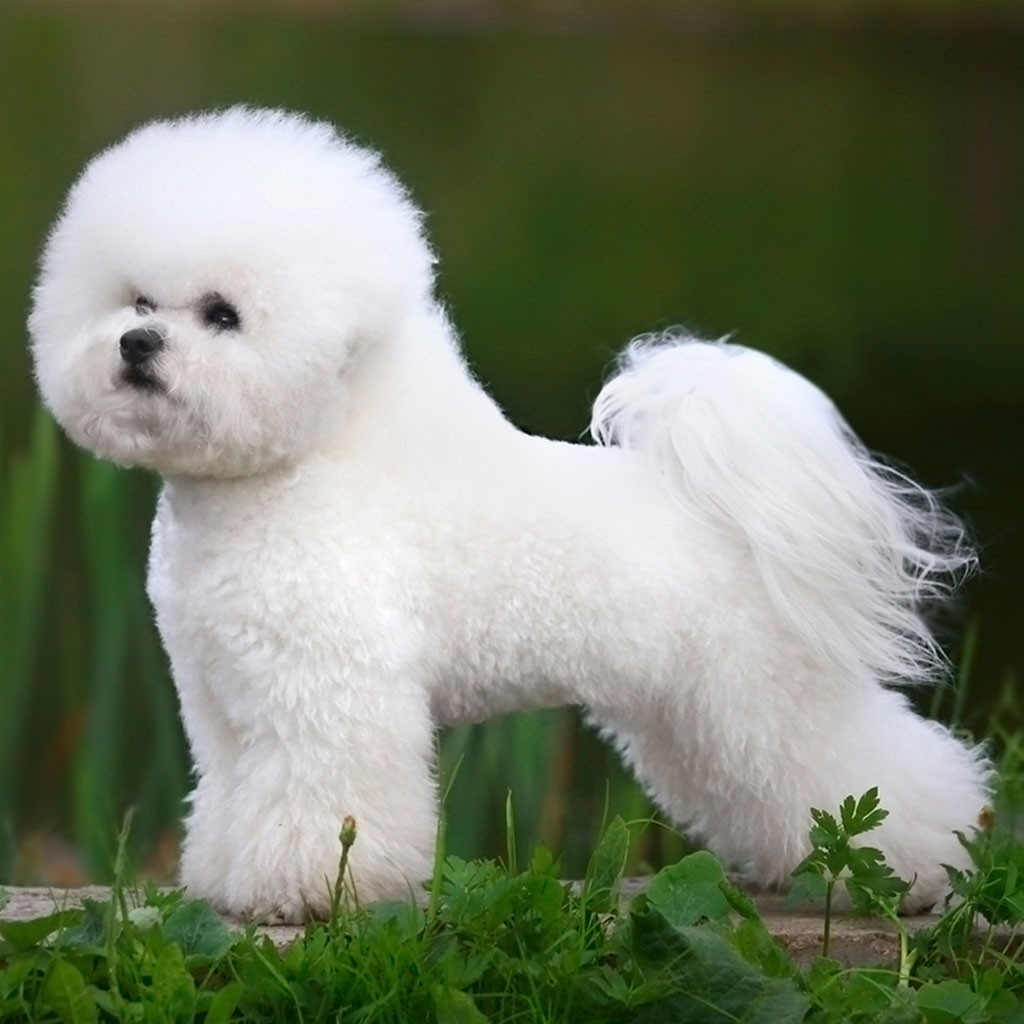Are Yorkshire Terriers Hypoallergenic? Moderately - What Allergy Sufferers Need to Know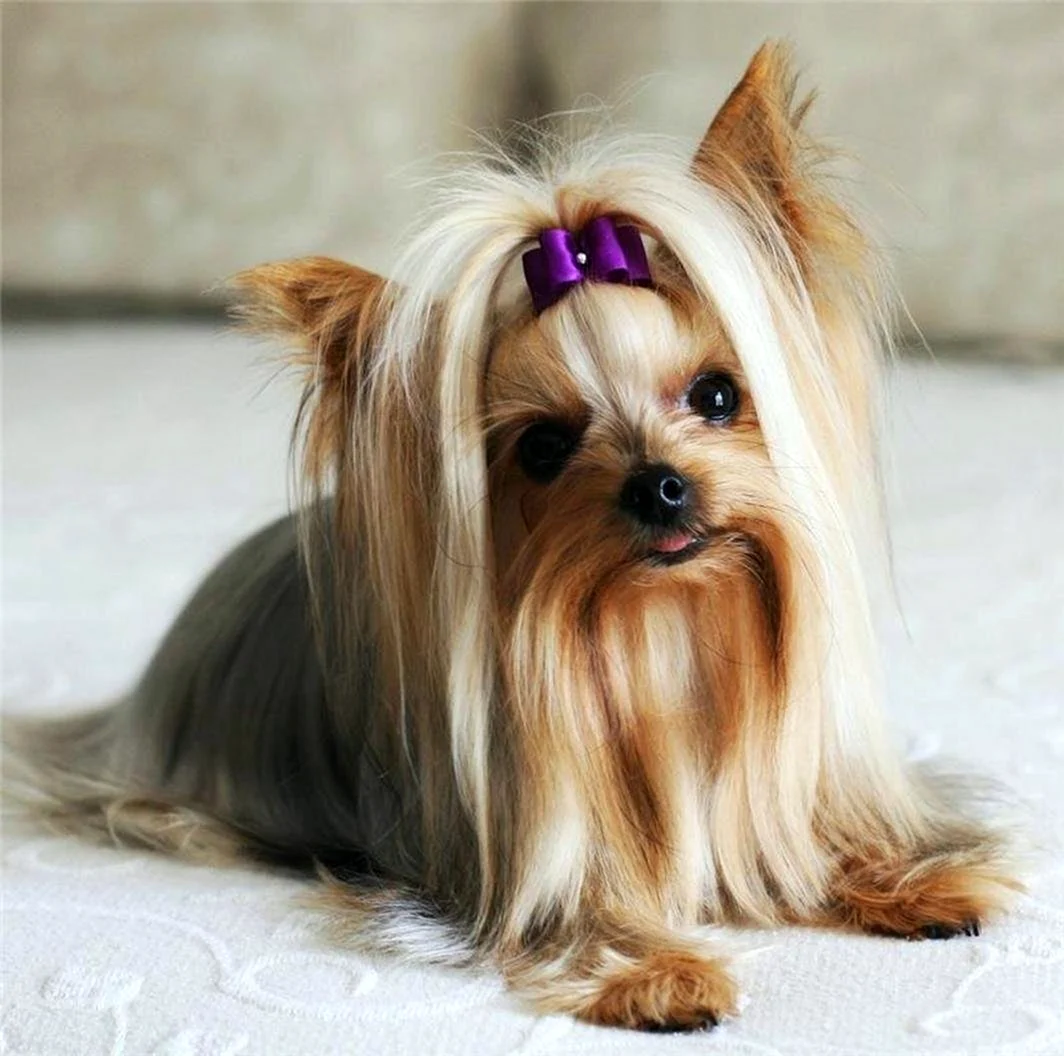
Long-haired Yorkshire Terrier with purple bow showcasing the breed's silky coat texture
⚡ Quick Answer🟠 Yorkshire Terriers are MODERATELY hypoallergenic
While not completely hypoallergenic, Yorkshire Terriers are a better choice than many breeds for people with mild to moderate dog allergies. Their hair-like coat structure and minimal shedding significantly reduce allergen spread compared to double-coated breeds. 🧡 Hypoallergenic Level: 6/10 (Moderately Hypoallergenic)
🔍 Learn More About Yorkshire TerriersWant to dive deeper into Yorkshire Terrier characteristics, care requirements, and breed specifics beyond allergies? 📖 Complete Yorkshire Terrier Breed Guide⚠️ Important Disclaimer: Individual reactions may vary significantly. What works for one person with allergies may not work for another. Consider testing your reaction first before committing to adoption, especially if you have severe allergies. 
Yorkshire Terrier running with tennis ball, demonstrating their active and playful nature
↑ Back to Menu🧠 Understanding Hypoallergenic DogsThe term "hypoallergenic" means "less likely to cause allergic reactions" - not "allergy-free." This is a crucial distinction that many people overlook when searching for the perfect companion dog. 📚 Hypoallergenic Facts100% Hypoallergenic Dogs: Don't exist
High Hypoallergenic (8-9/10): Poodles, Maltese
Moderate Hypoallergenic (5-7/10): Yorkshire Terriers
Low Hypoallergenic (1-4/10): Golden Retrievers
🔍 Learn More About High Hypoallergenic BreedsYorkshire Terriers fall into the moderately hypoallergenic category because they produce fewer airborne allergens than most breeds, but they still produce the proteins that cause allergic reactions. Many people with mild to moderate allergies find Yorkies manageable with proper care and environmental controls. 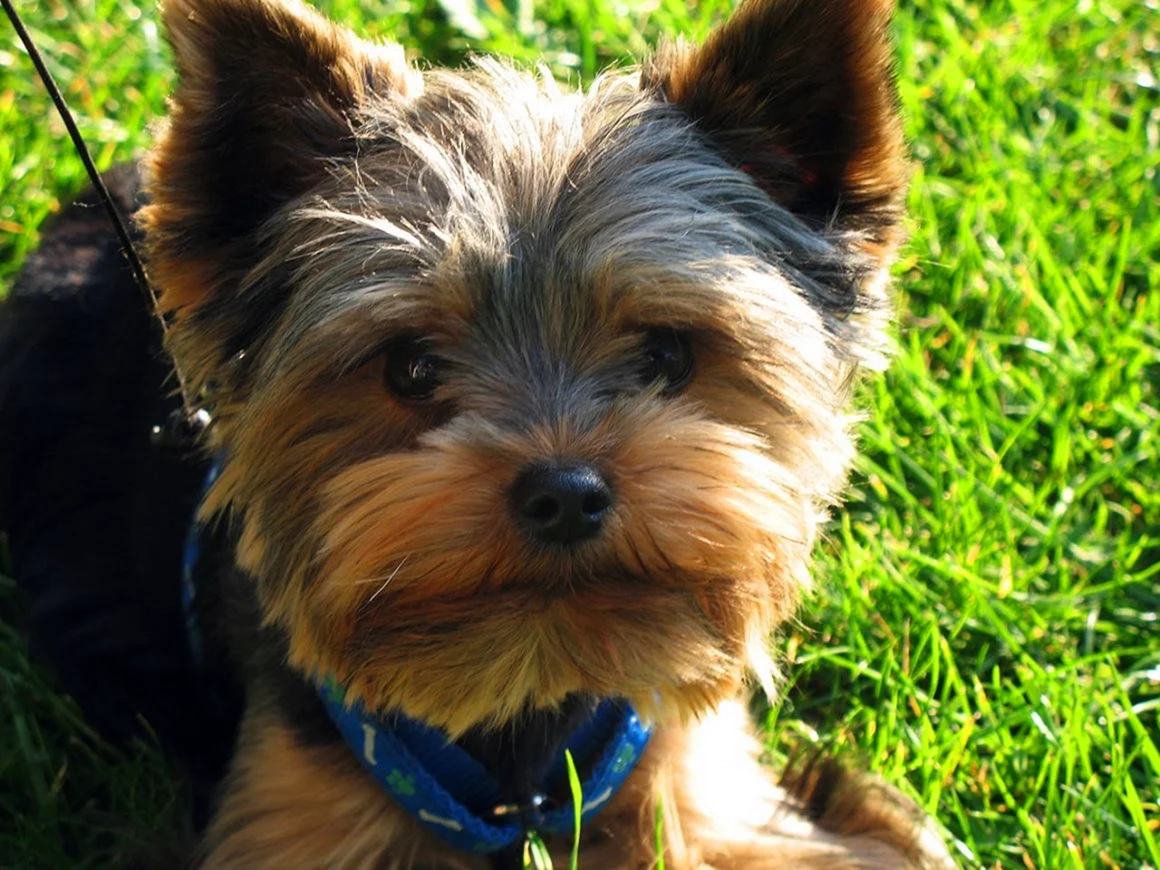
Yorkshire Terrier puppy portrait outdoors showing their adorable features and coat texture
↑ Back to Menu🔍 Why Yorkshire Terriers Are Moderately HypoallergenicYorkshire Terriers earn their moderate hypoallergenic status due to several key characteristics that differentiate them from high-shedding breeds: 🧡 Key Hypoallergenic Features
🔸 However, Yorkshire Terriers still produce allergens through:

Yorkshire Terrier with pink toy ball on grass, showing their playful personality and coat condition
↑ Back to Menu🧬 What Causes Dog Allergies (Scientific Background)Understanding the science behind dog allergies helps explain why Yorkshire Terriers are moderately hypoallergenic and what you can expect. 🔬 Allergen ProteinsCan f 1 (Major Allergen): Found in saliva & dander
Can f 2: Present in saliva & urine
Can f 3: Serum albumin protein
Can f 4, 5, 6: Additional minor allergens
The common misconception is that dog hair itself causes allergies. In reality, the hair is simply a carrier for the proteins found in saliva, urine, and skin cells (dander). When dogs groom themselves, these proteins transfer to their coat and become airborne as hair sheds or as microscopic particles. Yorkshire Terriers produce fewer airborne allergens because:
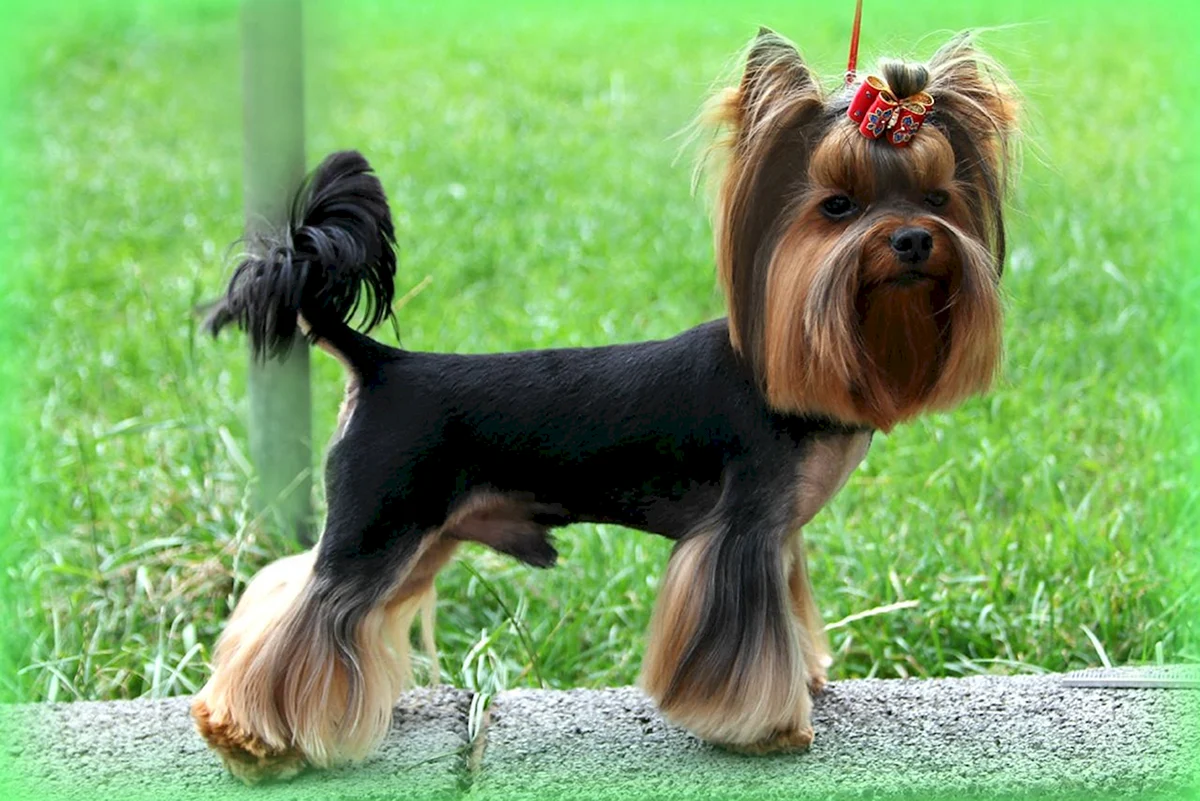
Show-groomed Yorkshire Terrier with red bow displaying the breed's elegant coat when professionally maintained
↑ Back to Menu🌍 Real-World Experience with Yorkies and AllergiesReal-world experiences with Yorkshire Terriers and allergies show a mixed but generally positive picture for people with mild to moderate sensitivities. 🧡 Who Typically Does Well with Yorkies:
⚠️ Who Should Be Cautious:
Studies from the American College of Allergy, Asthma & Immunology suggest that approximately 60-70% of people with mild dog allergies can successfully live with moderately hypoallergenic breeds like Yorkshire Terriers when proper management techniques are employed. 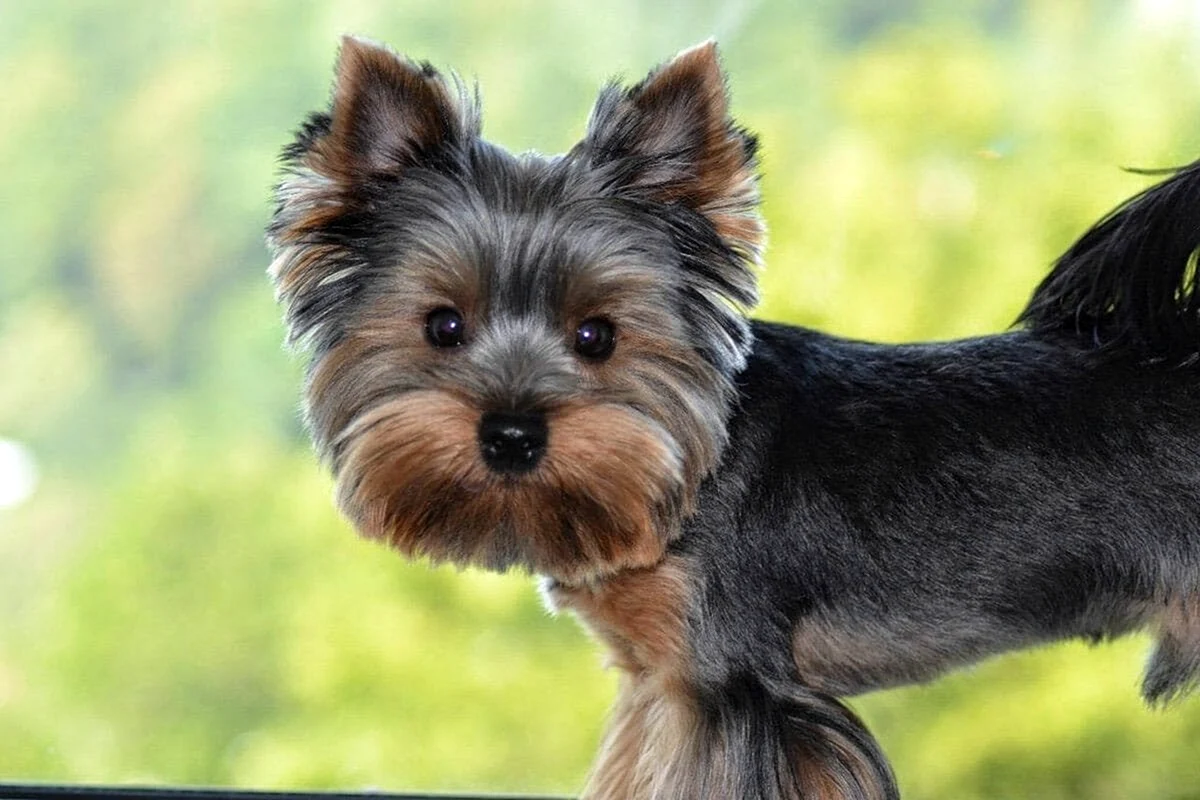
Yorkshire Terrier puppy close-up portrait highlighting their expressive eyes and facial features
↑ Back to Menu📊 Comparing Yorkshire Terriers to Other BreedsTo understand where Yorkshire Terriers stand in the hypoallergenic spectrum, let's compare them to both highly hypoallergenic and low hypoallergenic breeds.
🔍 Find Your Perfect Hypoallergenic CompanionReady to find the perfect hypoallergenic dog breed for your lifestyle? Our interactive breed selector considers your specific needs, living situation, and allergy sensitivity to recommend the best matches. 🐕 Try Our Free Hypoallergenic Dog Breed SelectorDiscover which hypoallergenic breeds are perfect for your family in just 2 minutes! 
Yorkshire Terrier puppy lying down indoors, showing their calm and relaxed demeanor
↑ Back to Menu🏠 Reducing Allergens: Practical TipsIf you decide a Yorkshire Terrier might work for your allergies, these practical management strategies can significantly reduce allergen exposure in your home. 🧽 Regular Grooming Protocol
🏡 Home Environment Management
🚫 Boundary Management
💡 Pro Tip: Many Yorkshire Terrier owners with allergies find that maintaining these routines for the first 2-3 months helps them determine their long-term compatibility with the breed. Individual reactions may vary, but consistent management typically shows results within this timeframe. 
Yorkshire Terrier with short puppy cut hairstyle, showing a practical grooming style that reduces allergen retention
↑ Back to Menu🧪 Before Getting a Yorkie: Testing Your AllergiesBefore committing to a Yorkshire Terrier, it's essential to test your individual reaction. While many people with mild to moderate allergies do well with Yorkies, personal testing is the only reliable way to predict your experience. 🔍 Pre-Adoption Testing Steps
⚠️ Professional Medical ConsultationBefore getting any dog, consult with an allergist if you have:
An allergist can perform specific tests for dog allergens and help you understand your risk level. 🏠 Trial Period ConsiderationsIf possible, arrange a trial period with responsible breeders or rescue organizations:
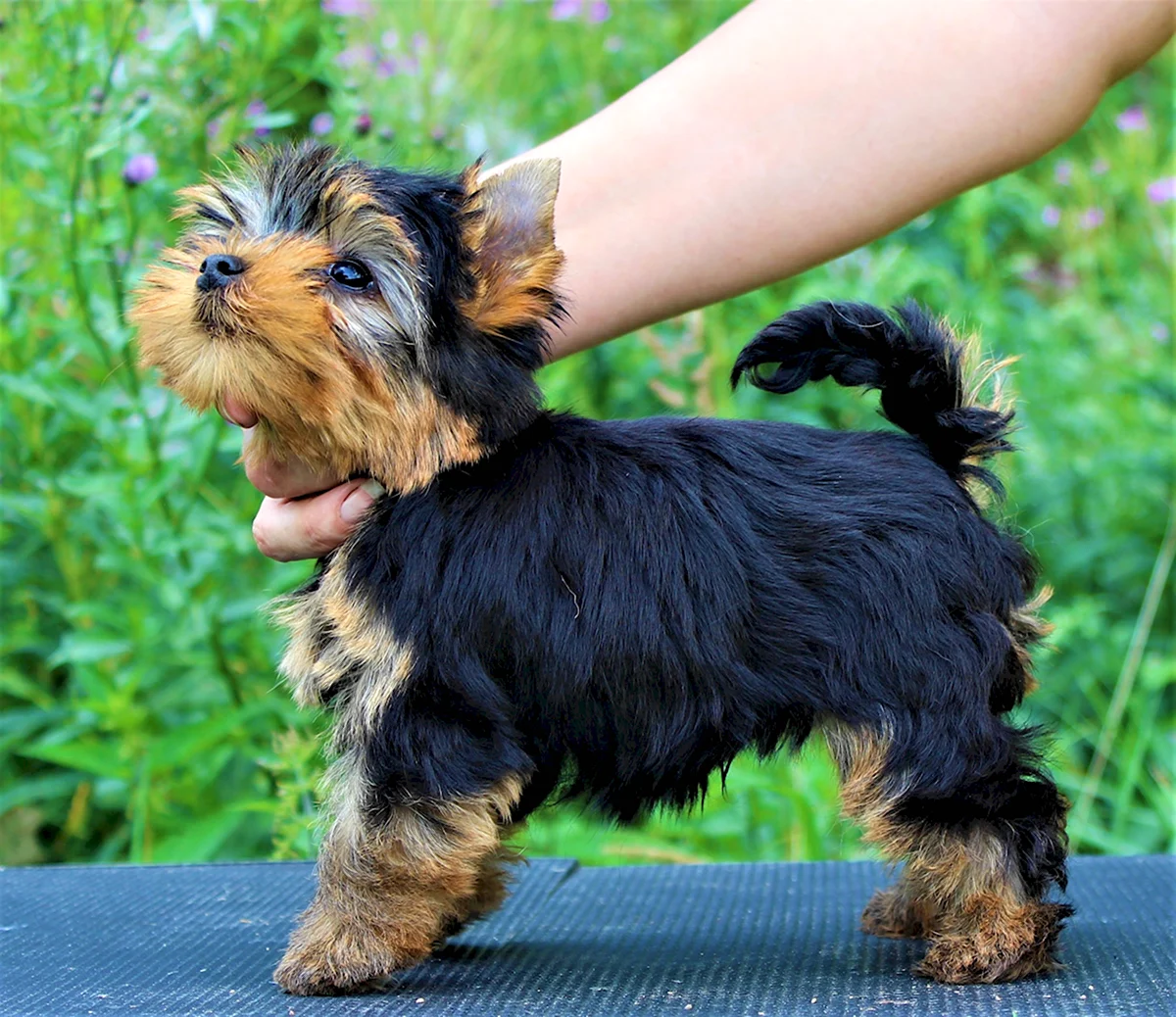
Yorkshire Terrier puppy being petted outdoors, demonstrating the kind of interaction needed for allergy testing
↑ Back to Menu🔄 Alternative Breeds for Severe Allergy SufferersIf Yorkshire Terriers prove too allergen-producing for your sensitivity level, several more hypoallergenic alternatives might be better matches for your household. 🥇 Higher Hypoallergenic AlternativesToy Poodle: 9/10 hypoallergenic
Maltese: 8/10 hypoallergenic
Havanese: 7/10 hypoallergenic
Chinese Crested Hairless: 9/10 hypoallergenic
🧡 Similar Size, Higher Hypoallergenic Rating:
🚫 Hairless Breed OptionsFor severe allergy sufferers, hairless breeds offer the highest hypoallergenic potential:
Note: Hairless breeds still produce allergens through saliva and skin, but significantly less than coated breeds. 🐕 Explore All Small Hypoallergenic BreedsLooking for a comprehensive comparison of small hypoallergenic dog breeds similar to Yorkshire Terriers? 📋 Complete Small Hypoallergenic Dogs Guide
Yorkshire Terrier with bandana on wooden floor, showcasing their charming personality and manageable size
↑ Back to Menu❓ Frequently Asked QuestionsNo, Yorkshire Terriers are not 100% hypoallergenic. No dog breed is completely hypoallergenic. Yorkies are considered moderately hypoallergenic (6/10) because they produce fewer allergens than most breeds due to their minimal shedding and hair-like coat, but they still produce allergen proteins in their saliva, urine, and dander. For optimal allergen control, Yorkshire Terriers should be professionally bathed weekly with hypoallergenic shampoo and brushed daily. This routine removes accumulated allergens and prevents loose hair from becoming airborne. Regular nail trimming and dental care also help reduce overall allergen exposure. Children with mild to moderate dog allergies may be able to live with Yorkshire Terriers, but it requires careful testing and management. However, children with severe allergies or asthma should be cautious, as their developing immune systems may be more reactive. Always consult with a pediatric allergist before introducing any dog to a household with allergic children. Yorkshire Terriers have hair similar to human hair rather than traditional dog fur. This hair grows continuously, has a silky texture, and sheds minimally compared to double-coated breeds. The hair structure traps fewer allergens and releases them into the air less frequently than typical dog fur. There's no significant difference in allergen production between male and female Yorkshire Terriers. Individual dogs may vary in their allergen levels regardless of gender. Factors like grooming routine, overall health, and individual coat characteristics have more impact on allergen production than gender. Allergic reactions can occur immediately or be delayed by 4-8 hours after exposure. For a comprehensive assessment, spend several extended periods (2-3 hours each) with Yorkshire Terriers over different days. Monitor your symptoms for 24-48 hours after each exposure to get a complete picture of your reaction. Yorkshire Terrier puppies may initially produce fewer allergens due to their smaller size and less developed coat, but this changes as they mature. Adult Yorkies typically have more developed allergen production. It's important to test your reaction with both puppies and adult dogs if possible. HEPA (High-Efficiency Particulate Air) purifiers are most effective for capturing dog allergens. Look for units that can handle your room size and run them continuously in main living areas and bedrooms. The purifier should capture particles as small as 0.3 microns to effectively remove dog allergens from the air. Yorkshire Terriers are known to be quite vocal and can bark frequently if not properly trained. They were originally bred as working dogs to alert to intruders, so barking is in their nature. However, with consistent training and socialization from an early age, excessive barking can be controlled. For allergy sufferers, it's worth noting that frequent barking can increase saliva production and potentially spread more allergens. Yorkshire Terriers are intelligent dogs that rank moderately well in trainability. They can be somewhat stubborn and independent, which may make training challenging for first-time dog owners. However, they respond well to positive reinforcement and consistency. For allergy management, their intelligence is actually helpful - they can be trained to stay off furniture and out of bedrooms to reduce allergen exposure. Adult Yorkshire Terriers can typically be left alone for 6-8 hours, but they don't do well with extended isolation. They may develop separation anxiety, which can lead to excessive barking or destructive behavior. For allergy sufferers, this is important because stressed dogs may groom themselves more frequently, potentially increasing allergen production. Puppies should not be left alone for more than 2-3 hours. Yes, Yorkshire Terriers are excellent apartment dogs due to their small size (4-7 pounds) and moderate exercise needs. They require only 20-30 minutes of daily exercise and can get much of their activity indoors. For allergy sufferers, apartment living can actually be beneficial as it's easier to maintain allergen control in a smaller, contained space with proper air filtration and cleaning routines. ✅ ConclusionYorkshire Terriers occupy a middle ground in the hypoallergenic spectrum - they're significantly better than high-shedding breeds but not as allergy-friendly as breeds like Poodles or Maltese dogs. 🧡 Final Verdict: Moderately Hypoallergenic
Yorkshire Terriers can work well for many people with mild to moderate dog allergies, especially when combined with proper grooming, environmental management, and realistic expectations about ongoing allergen control. 🎯 Yorkshire Terriers Are Right for You If:
⚠️ Consider Other Breeds If:
📋 Next Steps
🔍 Find Your Perfect Hypoallergenic CompanionReady to find the perfect hypoallergenic dog breed for your lifestyle? Our interactive breed selector considers your specific needs, living situation, and allergy sensitivity to recommend the best matches. 🐕 Try Our Free Hypoallergenic Dog Breed SelectorDiscover which hypoallergenic breeds are perfect for your family in just 2 minutes! Remember, the key to success with any moderately hypoallergenic breed like the Yorkshire Terrier is realistic expectations, proper preparation, and consistent management. While not completely hypoallergenic, many people with allergies have found wonderful companionship with these charming, small dogs. ↑ Back to Menu | ||||||||||||||||||||||||||||||||||||
|
| ||||||||||||||||||||||||||||||||||||
| Переглядів: 129 | | ||||||||||||||||||||||||||||||||||||
| Total comments: 0 | |
